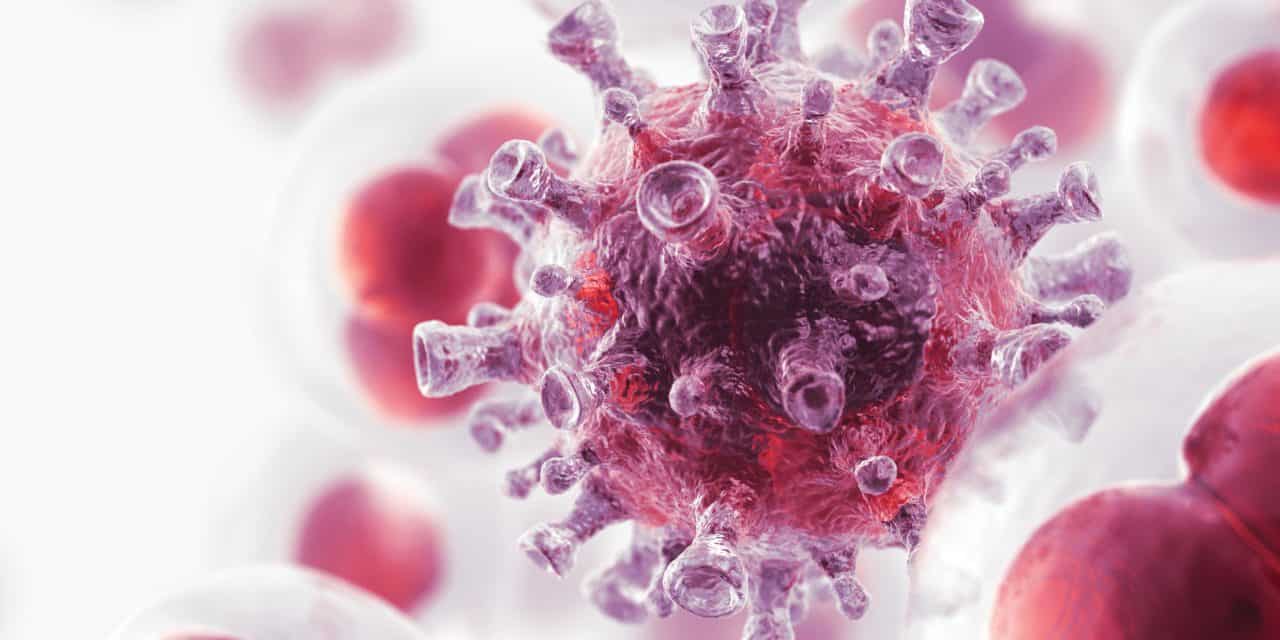We aimed to investigate the frequency, risk factors, and outcome of active tuberculosis (TB) after allogeneic hematopoietic stem cell transplantation (allo-HSCT). This retrospective, nested, case-control study reviewed data from 6236 patients who received allo-HSCT from January 2008 to December 2018 at a single center; thirty-three patients (0.5%) with active TB and 99 controls without active TB after allo-HSCT were identified. We performed propensity score matching by randomly selecting 3 controls for each identified active TB patient according to the time of transplantation and follow-up period. History of pretransplant active TB previously treated and inactive at time of transplantation (P<0.001) was an independent risk factor. No significant differences in overall survival (P=0.342), non-relapse mortality (P=0.497) or incidence of relapse (P=0.807) were found. Thirty (90.9%) of them were treated with four-drug (isoniazid, rifampicin/three rifapentine, pyrazinamide and ethambutol) or three-drug combination first-line therapy, with a response rate of 76.7%. Twenty-six (78.8%) patients were treated with first-line and second-line combined therapy, and the response rate was 76.9%. Five (15.2%) patients developed hepatotoxicity. In conclusion, history of pretransplant active TB previously treated and inactive at time of transplantation was an independent risk factor of active TB after allo-HSCT. No significant differences in prognosis between the TB and control groups were found. More studies are needed to help develop standardized therapeutic strategies for patients with posttransplant TB.Copyright © 2020. Published by Elsevier Inc.
Frequency, risk factors and outcome of active tuberculosis following allogeneic hematopoietic stem cell transplantation.


